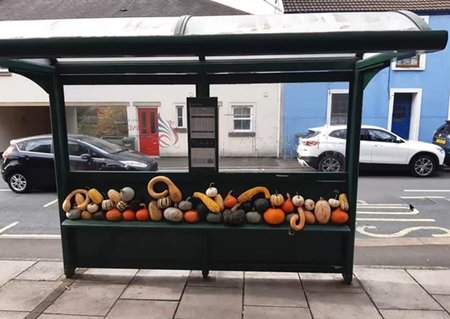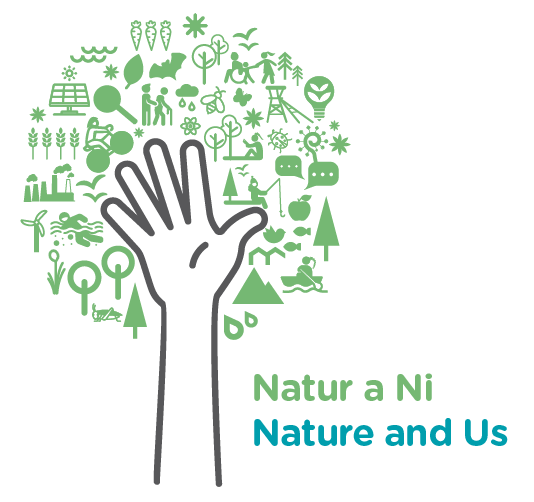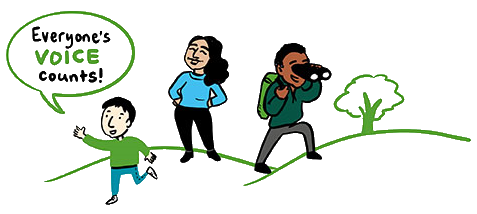Rebecca Smith Williams

Rebecca is an actress, writer and gardener. She studied acting at Rada and Horticulture with the RHS at Bristol Botanic Gardens. She is a co-founder of theatre company Triongl, artistic associates at Chapter, and together they write and perform new work for the stage that tours Wales. Her residency was based in Taff Wells and explores out habituation with consumerist food systems.
Her interest with food began when she first started growing her own food, realizing that eating was a daily interaction with nature. The Harvest Festival was a symbolic focus of her project, being the day that that her community traditionally gave thanks to nature for the food that would sustain them. However, this reflects that none of that really means anything in the semi urban, non-religious community that now lives there with with no real link to the agricultural land around them. She was particularly interested in the fact that the heart of the village was now the local co-op where food was brought in from around the world wrapped in plastic and had no association with the land around the village.
What she learnt
As a means of creatively challenging this consumerist model, she sourced 50 organic squash from a local farmer and looked for unlikely local convergence points to present them. She created a kind of pop-up harvest festival in the bus stop outside the Co-op, presenting the squash as the bounty of the season and offering a space for the community to consider what that means to them. She then took these conversations to the residents of Taffs Wells, and the local town council, exploring how people’s relationship with the land around the village had changed. Themes relating to changes in the way that we can access and engage with nature around us came through strongly in these conversations. The idea of the loss of common land and common rights also played a significant role in her enquiry.
What we can learn from this
Food is one of the key systems that have been identified in the Nature and Us vision. It has a major impact on our carbon emissions but there are also a number of other reasons that our detachment from the food production process is a risk to our future. Rebecca’s project highlights how integral food production is to our cultural identity and intrinsic connection to nature. If our experience of food is entirely standardized and sanitized, we lose a large part of what makes us care for the land around us and listen to the changing climate. Celebration of growing and harvesting is a part of our culture but for how long, and how can the Nature and Us vision help keep that alive?

